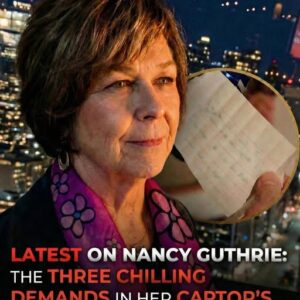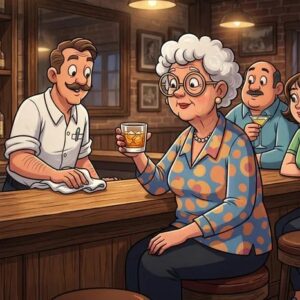For most of his life, John Goodman struggled with alcoholism and depression.
He admitted that if he wanted a drink, “nothing” could stop him, and he even felt like a “walking heart attack.” Despite these battles, he managed to overcome his demons and live to tell his story.
Goodman, a celebrated actor known for roles in The Flintstones, Blues Brothers, Raising Arizona, and The Big Lebowski, recently turned 70.
However, throughout his successful career, he dealt with deep personal challenges that contributed to his depression and alcoholism.
He has been open about his battle with alcoholism, which lasted for over 30 years and had a major impact on his personal and professional life.
In a 2012 interview, he confirmed that his drinking had “absolutely” affected his acting career, admitting that it worsened his temperament, memory, and depression.
Goodman reflected on how bad his drinking had gotten, sharing moments where he could have “drowned” in alcohol. He noted, “I assume it wasn’t an overdose but a misadventure.” In 2007, Goodman quit drinking, but he acknowledged the daily struggle to stay sober. At one point, he even had nightmares about finding bourbon and drinking it, recalling how he’d wake up thinking, “I shouldn’t be doing that,” before realizing it was just a dream.
To stay sober, Goodman explained that he avoids situations with triggers and seeks positive reinforcement. He admitted that, if he truly wanted to drink, “nothing on God’s green Earth” could stop him. His alcoholism was fueled in part by the constant anxiety of unemployment that many actors face.
He confessed, “I’m an alcoholic. I would drink regardless… the business I picked is constantly a nail-biter, and I’ve added to the stress by drinking and taking drugs.”
Goodman also reflected on his appearance during his drinking days, describing himself as a “walking heart attack.” Despite this, he found a way to continue working in the industry. His love for acting, particularly in theater, gave him a different kind of energy.
He described the thrill of performing on stage as being “shot out of a cannon” and recalled the exhaustion that followed after an evening’s performance. In contrast, filming movies felt slower and more draining, with long days of waiting between scenes.





